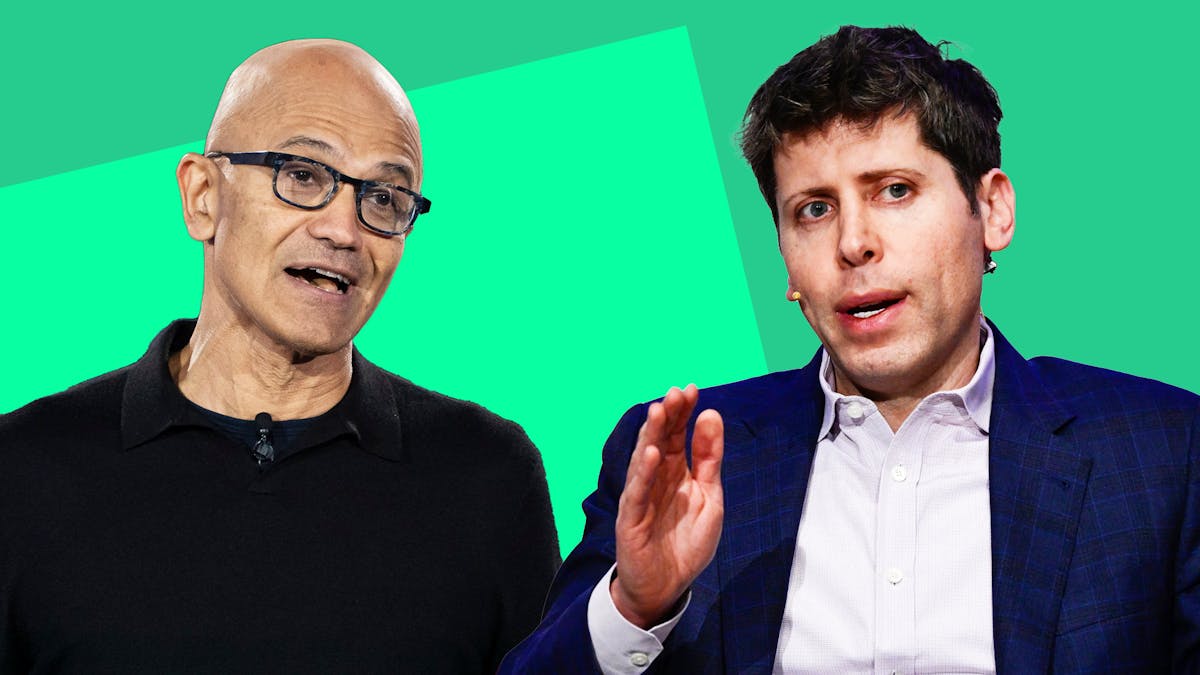Microsoft and OpenAI announced a tentative partnership that could reshape enterprise AI adoption, Azure OpenAI integration, AI pricing and vendor lock in risks. Businesses must weigh benefits of tighter AI integration against reduced choice as cloud competition 2025 intensifies.

Two tech giants with a combined value of 4.5 trillion issued a short but consequential announcement. Microsoft and OpenAI's tentative deal sent ripples through the enterprise AI market, arriving after a week of intense moves by other cloud providers. This partnership could change how companies approach enterprise AI adoption, AI integration in enterprise systems, and AI pricing for cloud workloads.
The timing matters. Oracle and other providers have stepped up activity in cloud competition 2025, prompting strategic alliances rather than isolated efforts. Microsoft has already invested over 13 billion in OpenAI since 2019 and serves as a major infrastructure partner. Still, increasing demand for choice and flexibility has pushed OpenAI and Microsoft to rethink how they deliver AI infrastructure for enterprises and how they present bundled offerings.
For procurement and IT teams the deal signals both opportunity and caution. On the upside, tighter Microsoft OpenAI integration could deliver more seamless AI features in apps you use daily, reducing friction for deployment and lowering time to value for enterprise AI projects. Expect easier access to pre integrated capabilities that make common enterprise AI use cases simpler to implement.
On the downside, vendor lock in risks mean companies should plan for flexibility. That includes designing architectures that support multi cloud integrations where feasible, negotiating clear terms around AI licensing and AI services pricing, and prioritizing AI governance for businesses to retain control over data and compliance requirements.
Search interest and enterprise conversations are already centering on phrases like enterprise AI adoption, Azure OpenAI integration, vendor lock in risks, and cloud competition 2025. Content and procurement teams should use intent based keyword targeting and conversational keyword strategy when documenting use cases or asking vendors comparison questions such as how Azure OpenAI integration compares to other offerings or how AI infrastructure for enterprises will affect total cost of ownership.
The tentative deal between Microsoft and OpenAI is a major signal that the enterprise AI landscape is consolidating around large platform partnerships. Businesses need to balance the benefits of integrated AI capabilities and potentially lower deployment costs against the risk of reduced choice and vendor lock in risks. Over the coming months organizations should monitor AI pricing announcements, evaluate AI ROI measurement frameworks, and update integration roadmaps to account for changing cloud ecosystem partners.
In short, the partnership could speed enterprise AI adoption and improve AI integration in enterprise systems while making vendor choice and negotiation more important than ever.



